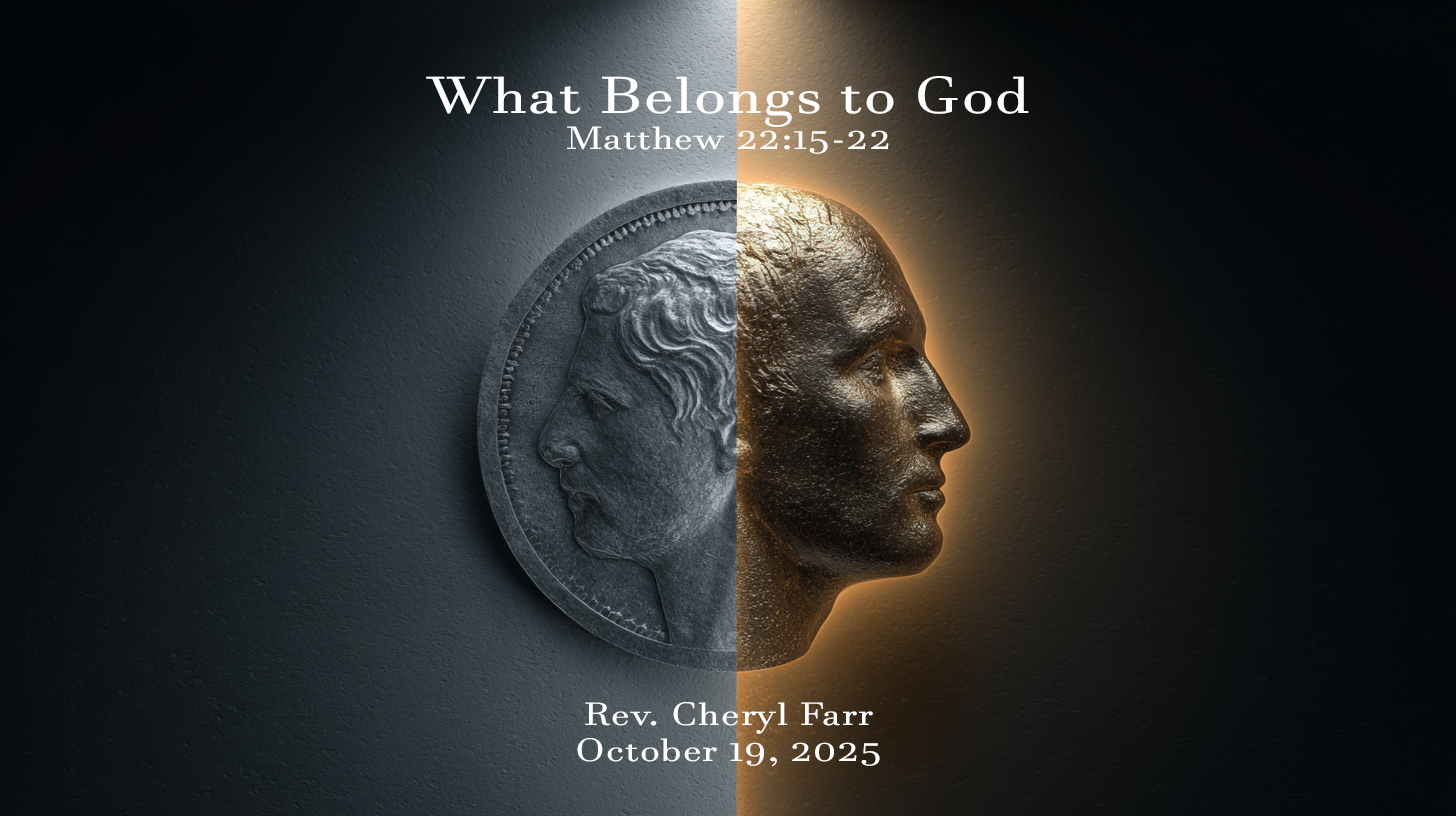“You’re worried about the small image stamped on a coin. I’m worried about the great image stamped on your soul. Caesar may have minted coins, but God has made people.”

When Jesus was asked whether it was right to pay taxes to Caesar, His answer went far deeper than politics. He reminded His listeners that while coins may bear Caesar’s image, people bear God’s. That truth turns the question around from what we owe the world to what we owe God. If a coin belongs to the ruler whose face is stamped on it, then our lives belong to the Creator whose image we carry.
That means our identity and our allegiance cannot be divided. The world has many “Caesars”—voices that demand loyalty, systems that shape our choices, powers that want our time, energy, and devotion. But none of them have the right to claim our hearts. God’s image runs deeper than any other mark, and His authority extends to every corner of our lives—our thoughts, our relationships, our work, our priorities.
To give God what belongs to Him is not about paying a tax or performing a duty. It’s about offering our whole selves—our love, obedience, and faith—back to the One who made us. That’s true worship: not a song or an hour on Sunday, but a life lived as God’s image-bearer in the world. Every act of honesty, compassion, or forgiveness reflects the One who stamped His likeness on us.
The good news is that God’s claim on us is not meant to weigh us down—it sets us free. In Christ, the image that sin distorted has been restored by grace. When we live as people who belong to God, we discover purpose, peace, and the deep joy of being who we were created to be. The question that remains is the same one Jesus left hanging in the air: what are we still holding back from Him?